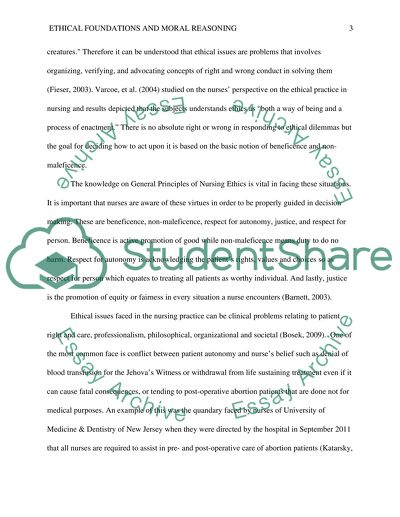Cite this document
(“Ethical Essay Example | Topics and Well Written Essays - 1000 words”, n.d.)
Retrieved from https://studentshare.org/nursing/1459866-ethical
Retrieved from https://studentshare.org/nursing/1459866-ethical
(Ethical Essay Example | Topics and Well Written Essays - 1000 Words)
https://studentshare.org/nursing/1459866-ethical.
https://studentshare.org/nursing/1459866-ethical.
“Ethical Essay Example | Topics and Well Written Essays - 1000 Words”, n.d. https://studentshare.org/nursing/1459866-ethical.


